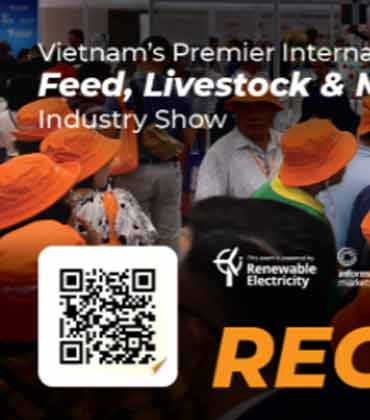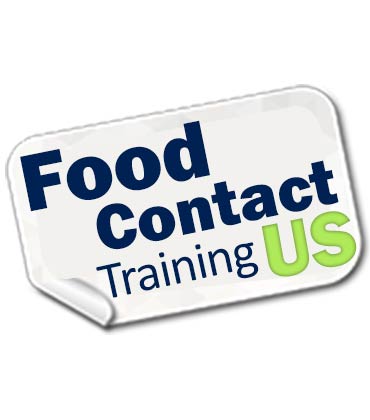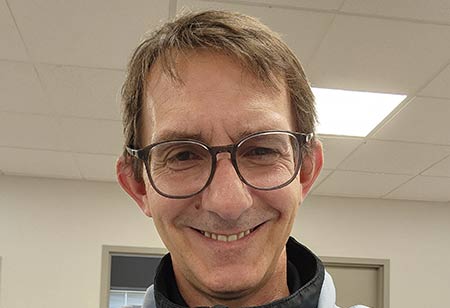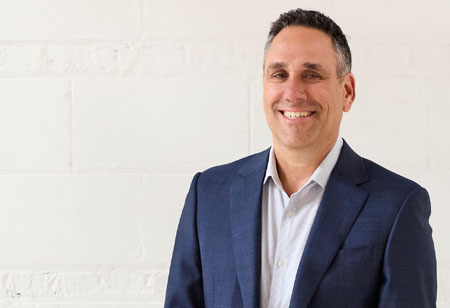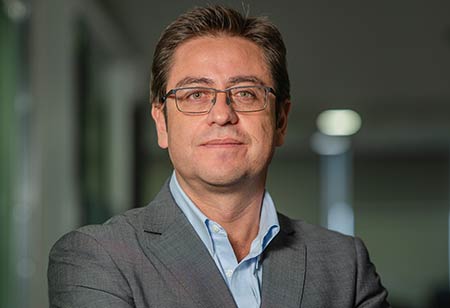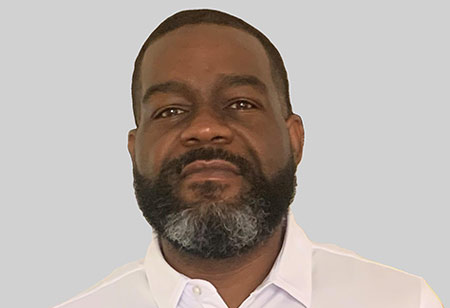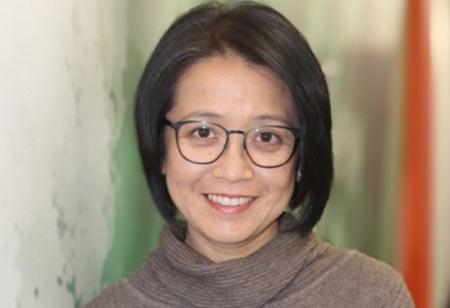THANK YOU FOR SUBSCRIBING
By Michael Coley, Food Safety & Quality Manager, Symrise AG
Leading Food Safety Through Standards And Strategy
By Inggrid Aryal, Oceania Food Safety Manager, Nestlé Oceania
Proactive Allergen Management for a Safer, Global Supply...

Driving Excellence in Wine Quality and Innovation
Riley Jones, Director, Quality & Tech Services, Treasury Wine Estates

 Riley Jones, Director, Quality & Tech Services, Treasury Wine Estates
Riley Jones, Director, Quality & Tech Services, Treasury Wine EstatesRiley Jones is the Director of Quality and Technical Services for the Americas division of Treasury Wine Estates. Working for both the Australian and the Napa Valley-based packaging sites, he has had a wide range of experience in areas such as wine bottling sanitation best practices, Food Safety certification (BRC & FSSC 22000:2018), and wine spoilage microbiology. He is a subject matter expert in wine packaging, with over 25 years of experience in the industry.
Through this article, Jones emphasizes the importance of combining technical expertise, innovation, and sustainability to drive excellence in wine production and ensure the highest quality standards at Treasury Wine Estates.
My journey in the food and beverage industry has been shaped by a combination of technical expertise and a passion for delivering consistent quality products to the consumer. Starting in the field of wine production, I gradually honed my skills in quality control by learning the basics, such as the importance of sanitization, raw material sourcing from reliable supply sources, and production process optimization. From there, I moved into the packaging field, in the one product that touches everything in wine packaging- the bottle. Over the years, I've worked in various roles that focused on both quality assurance and technical operations, which ultimately led me to my current position at Treasury Wine Estates. Some of the most significant milestones in my career have been working on new technology to the wine production process, as well as automation of quality processes in wine packaging. These experiences have deeply influenced my approach to quality management, innovation, and sustainability in my current role.
Overcoming Challenges in Raw Material and Packaging Quality
The quality of raw materials is foundational to the production of exceptional wine. One of the key challenges we face with grapes is the natural variability in harvests due to climate conditions, pests, and disease. We address this by establishing strong relationships with our grape growers and implementing stringent quality assurance protocols during harvest. For packaging materials, we have increased our focus on sourcing environmentally sustainable materials with some significant targets set for 2025 while maintaining the integrity of the product. This includes rigorous supplier management to ensure that our packaging materials, such as glass bottles and closures, preserve the wine's flavor profile and quality while preventing contamination. We constantly evaluate and refine our sourcing practices and work closely with our suppliers to mitigate any potential risks.
“Strong leadership also requires emotional intelligence, the ability to manage cross-functional teams, and a clear vision.”
Fostering Innovation through Cross-Functional Leadership
As a cross-functional leader, I focus on fostering collaboration across teams to ensure that quality and innovation are prioritized from the inception of a new product to its final release. I use my technical knowledge to help integrate quality control measures and sustainable packaging solutions early in the product development process. For example, when working on new product concepts, I ensure that the package is suitable from a physical capability perspective, as well as a longevity of sensory stability. I also collaborate with R&D, production, and packaging teams to streamline the product's journey through operations and reduce inefficiencies through intelligent package design. This holistic approach allows us to introduce new products that meet high-quality standards while driving innovation and sustainability.
Initiatives to Meet and Exceed Customer Expectations
At Treasury Wine Estates, we have implemented a robust system of continuous improvement in every stage of production. This includes regular product quality reviews, both internally and with external partners, as well as extensive consumer testing to assess satisfaction with flavor, packaging, and overall experience. We keep all of this in mind while optimizing and improving our processes to work sustainably across all aspects of production. One key initiative is to actively gather feedback from customers to ensure our wines align with their evolving preferences as well as understand their attitudes toward sustainability-driven packaging changes. For example, light-weighting of glass is a critical change needed to reduce carbon footprint, but the traditional luxury wine market has long preferred heavy bottles as an indicator of product quality. Understanding the consumer mindset rather than relying on assumed knowledge is key to making the right decisions.
Enhancing Efficiency and Sustainability in Production
Sustainability and efficiency are at the heart of our production strategies. In bottling operations, we focus on reducing energy consumption, water usage, and packaging waste. One innovation we’ve introduced is the use of lightweight bottles on our highest volume products, which reduce the carbon footprint without compromising the wine's protection. We have also worked on optimizing our bottling lines with more advanced automation systems that improve both speed and accuracy, reducing waste and ensuring consistent quality. In terms of dry goods, we’ve moved towards more sustainable materials and worked closely with suppliers of dry goods to maximize recycling streams. These efforts are continuously refined through collaboration with technology partners and sustainability experts to ensure we remain at the forefront of responsible production.
Leadership Principles for Challenging Environments
In challenging environments, I believe in fostering an atmosphere of open communication, mutual respect, and a shared sense of purpose. I encourage my team to view obstacles as opportunities for innovation and improvement. By maintaining transparency and providing consistent feedback, I ensure that everyone feels supported in their roles, even when we face tight deadlines or complex challenges. I also prioritize empowerment, allowing my team members to take ownership of projects and offering them the autonomy to problem-solve creatively. This not only boosts morale but also strengthens the team's ability to adapt and thrive in a fast-paced industry.
Advice for Aspiring Leaders
My advice would be to develop a deep understanding of both the technical and human aspects of leadership. In the quality and technical services field, it’s important to stay curious and never stop learning—whether it’s keeping up with the latest advancements in food safety, sustainability, or technology. However, technical expertise alone isn’t enough. Strong leadership also requires emotional intelligence, the ability to manage cross-functional teams, and a clear vision. I would also advise aspiring leaders to cultivate resilience and a growth mindset, as this will help them navigate the inevitable setbacks and challenges that come with managing complex systems and ensuring product quality at the highest level.
Read Also

